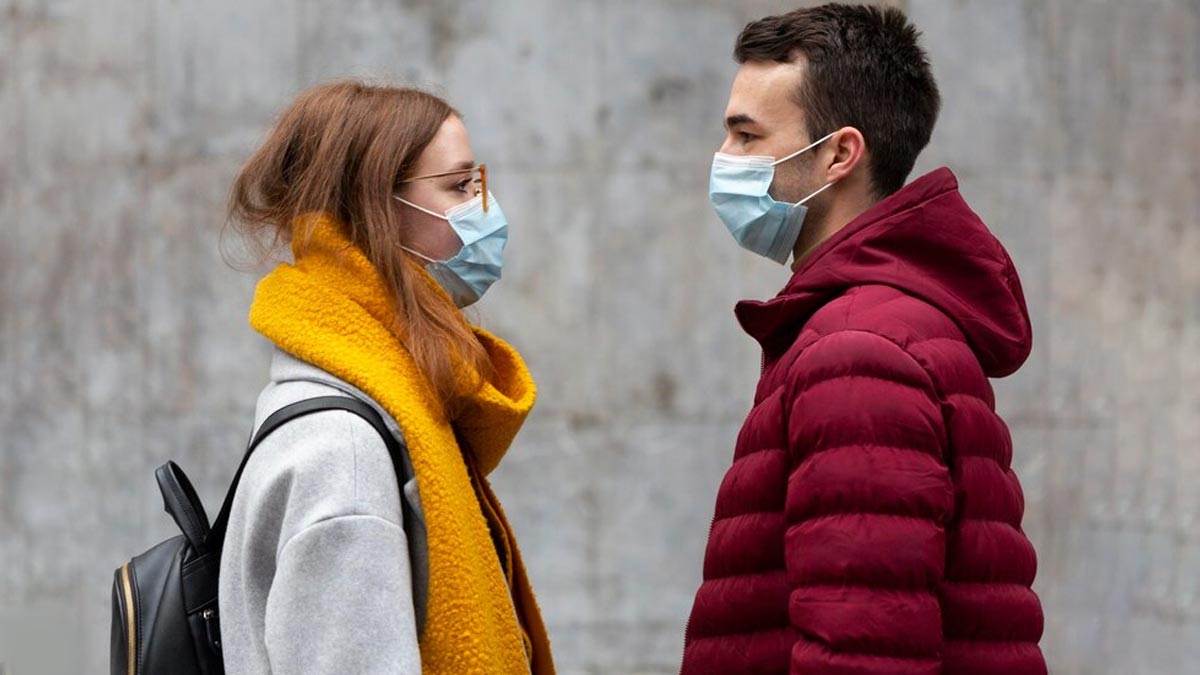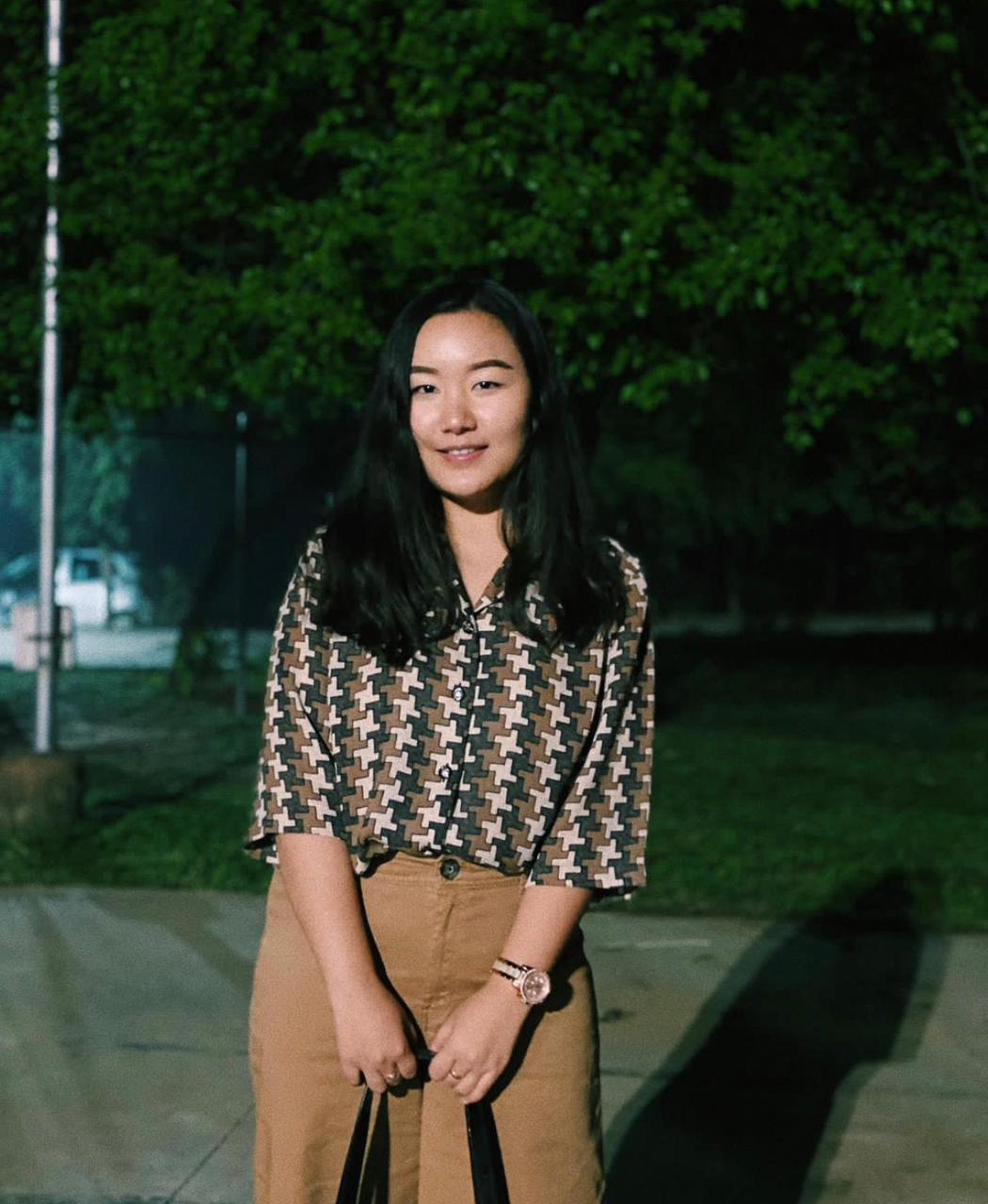
In light of the increasing numbers of respiratory disease cases due to COVID-19 and its new sub-variant JN.1, the World Health Organization (WHO) has urged Southeast Asian countries, including India, to strengthen surveillance and take precautionary measures.
Worldwide, there has been a 52% increase in new COVID cases, with the new sub-variant JN.1 being reported in several countries like the United States, China, and Singapore.
With a total of 116 fresh cases of COVID-19, the active cases in India have now crossed the 4,000 mark, as per the Health Ministry. So far, 63 new cases of JN.1 have been detected in India, with 34 cases from Goa, 9 from Maharashtra, 8 from Karnataka, 6 from Kerala, 4 from Tamil Nadu, and 2 from Telangana.
The recent surge in the number of COVID cases has alarmed a lot of people, leaving many to wonder why infection rates mostly increase during the winter months.
Also Read: From Eris To Pirola, Latest COVID-19 Variants To Watch Out For: Symptoms To Note
Past COVID Trends During Winter

For a long time, winter has been associated with coughs, colds, and other respiratory issues. Experts have attributed it to several factors, including the cold and dry air that makes it easier for viruses to enter the body, people spending more time indoors in close proximity, and a potential seasonal impact on the immune system's response to infections.
As far as COVID-19 is concerned, it has consistently seen an upward trend in the number of infections during the cold winter months.
A look back at the start of the pandemic and you'll find that the SARs-COV-2 virus was first detected in Wuhan, China, in December 2019. It then spread to several other countries around the world, leading to a worldwide lockdown. Today, the total number of reported COVID-19 cases is over 70 crore, with India having reported more than 4.5 crore cases so far, according to the WHO.
The winter of 2020–2021 was no different, as it saw the highest peak in COVID-19 cases globally, driven by the emergence of the Alpha, Beta, and Gamma variants.
A year later, the highly transmissible Omicron variant was first identified in Botswana and South Africa in late November 2021, which went on to change the trajectory of the COVID-19 pandemic. Just within four weeks, it replaced Delta as the dominant variant.
According to the WHO, there are currently more than 500 sub-lineages of this variant circulating, all highly transmissible but less severe than the previous variants.
The winter of 2022 witnessed no new variants of COVID-19 but did see the emergence of Omicron sub-variants like BA.2 and BA.5, which became dominant with varying degrees of immune evasion and transmissibility.
We’re now in December 2023, and another subvariant of the Omicron is wreaking havoc in several countries. As of December 18, 2023, the WHO classified the new strain as a Variant of Interest (VOI).
Also Read: Study Finds Long COVID Can Occur In People Who’ve Tested Negative For COVID: Know The Signs
Why COVID Cases Surge During Winter

Speaking with the OnlyMyHealth team, Dr Joydeep Ghosh, Consultant, Internal Medicine, Fortis Hospital, Anandapur, Kolkata, said, "There are different postulations that explain why the number of COVID cases increases in the winter.”
Firstly, we always remain in a closed environment where all of the windows are shuttered. This implies that during the winter, people tend to spend more time indoors where ventilation might be limited, which could contribute to a higher concentration of viral particles in the air, increasing the risk of transmission. Also, since the virus cannot be found at a single location at any given time, this highlights the fact that the virus can be present in various places and can spread easily when people are in close proximity, especially in enclosed spaces.
According to the doctor, the second reason is that there is a lot of pollution in the winter.
“People who have colds and coughs frequently visit doctors during the winter months, especially when there is an increase in influenza cases and pollution. They get tested for COVID when they go to the doctor, which is why there are so many cases of COVID,” the doctor said, adding, “Nonetheless, we do think that there are a small number of COVID cases that go unreported or misdiagnosed over the summer.”
.jpg)
With regard to the current surge in COVID-19 cases, Dr Ghosh suggested that the year-end celebrations and festivities could be one of the reasons, as they involve get-togethers, parties, outings, and hotel stays.”
Amid rising COVID-19 infection rates, it is important to avoid crowded areas, maintain physical distance, stay in ventilated indoor spaces by opening windows and/or doors, and avoid closed, confined, or crowded spaces, according to the WHO.
Also Read: Parosmia After Covid-19: Expert Tells Ways To Recover From The Condition
Does Immunity Weaken In Cold Temperature?

Dr Ghosh shared that there is no association between immunity and how cold the temperature is.
According to him, it has to do with wintertime pollution. He said, “As pollution levels rise, so does the likelihood of contracting influenza or other chest infections. There is a considerable probability that your immunity will decline when you get another infection in your body.” This, in turn, can increase a person’s risk of COVID.
Takeaway
Many factors can contribute to the rise in COVID-19 cases around the world. The new subvariant JN.1 could be one of the contributing factors, but apart from that, winter could be one seasonal aspect of the increasing infection rate. What you can do is take necessary precautions, such as avoiding crowded areas, maintaining physical distance, ventilating indoor spaces by opening windows and/or doors, and avoiding closed, confined, or crowded spaces. Moreover, vaccination is key to reducing the risk of severe COVID-19 infection, which could lead to hospitalisation and death.







